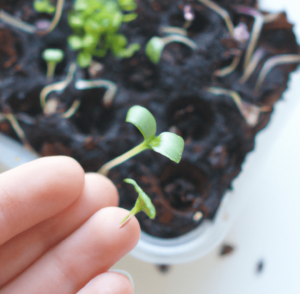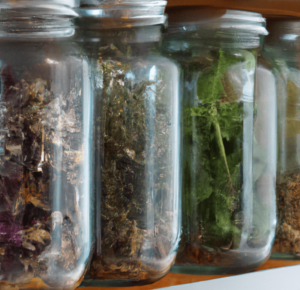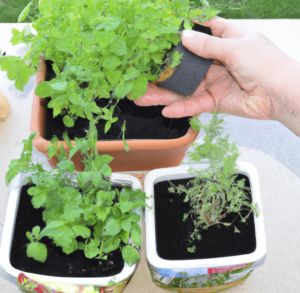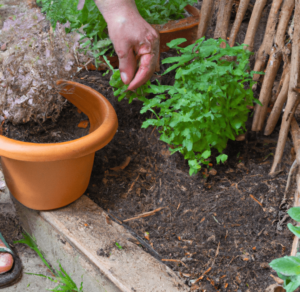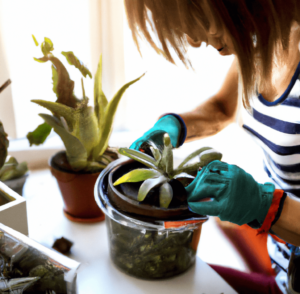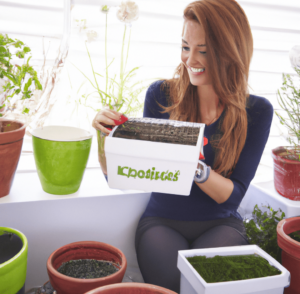Gardening is a popular hobby and pastime for many people, but it also involves a significant amount of science. From understanding the role of the gardener in cultivating and maintaining a garden, to the intricate details of soil and plant biology, the science behind gardening plays a crucial role in the success and health of a garden. In this article, we will explore the various scientific principles and concepts that underlie the art of gardening, and how they can be applied to create and maintain a thriving garden.
The role of the gardener in the science of gardening cannot be overstated. From choosing the right plants for the climate and soil conditions, to properly watering and fertilizing them, the gardener plays a crucial role in the health and growth of the plants in the garden. Understanding the basic principles of plant care, such as the importance of sunlight and proper drainage, can help the gardener create the ideal conditions for their plants to thrive.
Soil is also an important consideration in gardening, as it is the foundation upon which plants grow. Different types of soil have different properties, including pH levels, nutrient content, and drainage capabilities, which can impact the health and growth of plants. Understanding the characteristics of different soil types and how to properly amend and maintain them can help the gardener ensure that their plants have the nutrients and conditions they need to grow.
Finally, understanding the biology of plants is essential for successful gardening. From the way that plants absorb nutrients and water, to the process of photosynthesis and the role of different plant parts, understanding plant biology can help the gardener provide the right care and conditions for their plants. This includes choosing the right plants for the climate and soil conditions, as well as understanding how to propagate and prune them for optimal growth.
In summary, the science behind gardening involves understanding the role of the gardener, the characteristics and care of soil, and the biology of plants. By applying these scientific principles, gardeners can create and maintain thriving gardens that are both beautiful and sustainable.
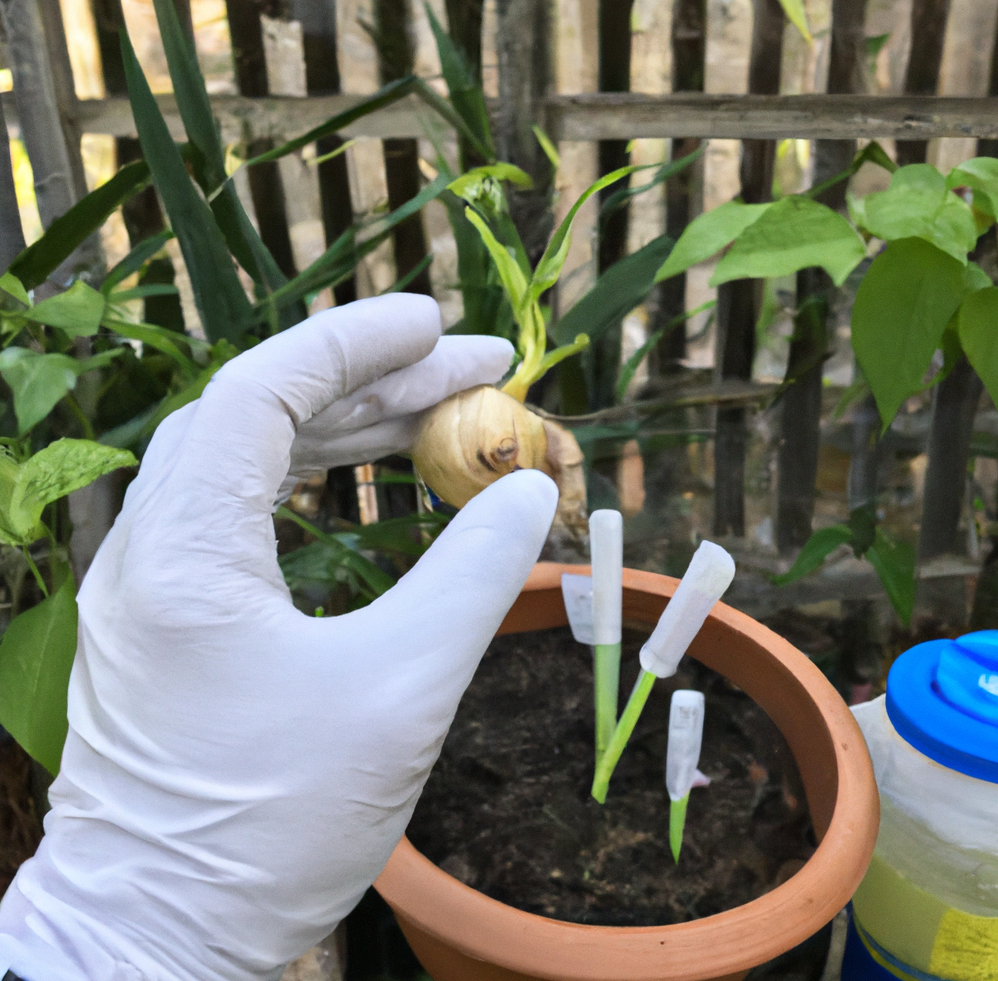
Joe the Gardener and Scientist
Joe was a passionate gardener and scientist. He spent his days tending to his lush vegetable garden and experimenting with new plant species in his greenhouse. Joe was especially interested in the intersection of gardening and science, and he spent many hours researching and learning about the latest techniques and technologies in both fields. He was known for his deep knowledge and love of both subjects, and his friends and neighbors often sought out his expertise when it came to their own gardening projects. Joe was a true plant enthusiast and dedicated himself to sharing his love of gardening and science with others.
Science in the Garden
Soil is a vital component in any garden, as it provides the foundation for plants to grow and thrive. Proper soil preparation and maintenance can help ensure that your plants have the nutrients and support they need to grow strong and healthy.
One way to improve soil quality is through the use of organic matter, such as compost or mulch, which can help to improve soil structure and fertility. Research has also shown that adding certain types of bacteria and fungi to the soil can help to increase plant growth and health.
Seed selection is another important aspect of gardening, as different types of seeds are suited to different conditions and climates. Researching the specific needs of the plants you want to grow can help you choose the right seeds and give your garden the best chance of success.
Overall, the science of gardening involves a combination of understanding the needs of plants, the properties of soil, and the ways in which different factors can impact plant growth. By applying this knowledge, gardeners can create thriving and productive gardens that bring joy and nourishment to their communities.
The Science of Gardening
As a gardener, you may already know that gardening involves more than just planting seeds and watching them grow. It is a science that requires understanding the characteristics and needs of plants, as well as the properties of soil and the environment in which they are grown.
Growing plants can be a rewarding and enjoyable hobby, but it also requires knowledge and attention to detail. Understanding the basic principles of plant growth and care can help ensure that your garden flourishes and produces healthy, vigorous plants.
In this article, we will explore the various factors that contribute to successful gardening, including the role of soil, the importance of proper watering and fertilization, and the use of appropriate gardening techniques. We will also discuss the various tools and resources available to help gardeners of all levels cultivate healthy, thriving gardens.
Seed: A Fundamental Element of Gardening and Environmental Science
Seeds play a crucial role in gardening and environmental science. They are the starting point for growing plants, whether it be for food, medicine, or decorative purposes. In order for a seed to germinate and grow into a healthy plant, it needs the right combination of moisture, temperature, and nutrients.
Planting seeds is a common practice in gardening, and it allows individuals to grow their own food or create a beautiful landscape. Seeds can be planted in a variety of ways, including directly in the ground, in pots or containers, or in a greenhouse. The choice of planting method will depend on the specific needs of the seed and the intended environment.
Germination is the process by which a seed begins to grow and develop into a plant. It involves the uptake of water, the breakdown of stored nutrients, and the activation of the seed’s metabolism. The germination process can be influenced by several factors, including temperature, light, and the presence of certain chemicals.
In addition to their role in gardening, seeds also have important implications for the environment. Many plants rely on seeds for reproduction, and the ability of seeds to disperse and germinate is essential for the survival and spread of plant species. The study of seeds and their role in the environment is a key area of research in environmental science.
Soil: The Foundation for Plant Growth in the Garden
Soil is a vital component of any garden, as it serves as the foundation for plant growth. In the science of gardening, understanding soil is key to helping plants thrive. A good gardener knows how to properly care for and manage their soil to provide the best conditions for their plants to grow.
There are many factors that go into the quality of soil, including its composition, structure, pH, and nutrient levels. Different plants have different soil requirements, and it is important for a gardener to understand these needs in order to properly select and prepare the soil for planting.
Proper soil preparation can involve a range of techniques, such as adding organic matter, adjusting the pH, and adding nutrients. These steps help to improve the structure and fertility of the soil, making it more suitable for growing a wide range of plants.
In addition to these practices, it is important for gardeners to regularly monitor and maintain their soil to ensure it remains healthy and productive. This may involve testing the soil to check for nutrient deficiencies and adding fertilizers as needed, as well as using techniques such as mulching to help conserve moisture and suppress weeds.
By understanding and properly caring for soil, gardeners can help their plants grow to their full potential and create a thriving, productive garden.
Advice for Gardening in Backyards and Farms
Gardening can be a rewarding and enjoyable hobby, whether you are growing plants in your backyard or on a farm. Here are a few pieces of advice to help you get started:
- Start small: If you are new to gardening, it can be helpful to start with a small plot of land or a few pots on your balcony. This will allow you to learn the ropes and get a sense of what works best for your plants.
- Follow the science: Gardening is both an art and a science. To get the best results, it’s important to understand the basic principles of plant growth and care. This includes understanding the optimal conditions for your plants, such as the amount of sunlight they need, the type of soil they prefer, and the amount of water they require.
- Learn from others: There are many resources available to help you learn about gardening, including books, websites, and gardening clubs. Don’t be afraid to seek out advice and guidance from more experienced gardeners, as they can offer valuable insights and tips.
- Get your hands dirty: Gardening is a hands-on activity, so don’t be afraid to get your hands dirty. This will allow you to get a better understanding of the plants and how they grow, as well as give you a sense of accomplishment and satisfaction when you see your plants flourish.
- Have patience: Gardening takes time and patience. Don’t expect overnight results, and be prepared for setbacks along the way. With practice and persistence, you can learn to grow a beautiful and productive garden.
Plants in the Garden
As a gardener, you know that plants are a vital part of any garden. Whether you are growing flowers, vegetables, or herbs, plants play a central role in the beauty and function of your outdoor space. But have you ever stopped to think about the science behind plant growth?
Soil is a key factor in plant growth. It provides the nutrients and structure that plants need to thrive. Different types of soil, such as clay or sandy soil, have different properties that can affect the way plants grow. It is important for gardeners to understand the characteristics of their soil and choose plants that are well-suited to the conditions in their garden.
Gardeners also need to be mindful of the amount of sunlight and water that their plants receive. Both of these factors can have a significant impact on plant growth. For example, plants that are placed in areas with too much sun may wilt and dry out, while plants that do not receive enough water may become stressed and struggle to grow.
As a gardener, it is important to be knowledgeable about the science behind plant growth and to pay attention to the specific needs of your plants. With the right care and attention, you can create a beautiful and thriving garden full of healthy plants.
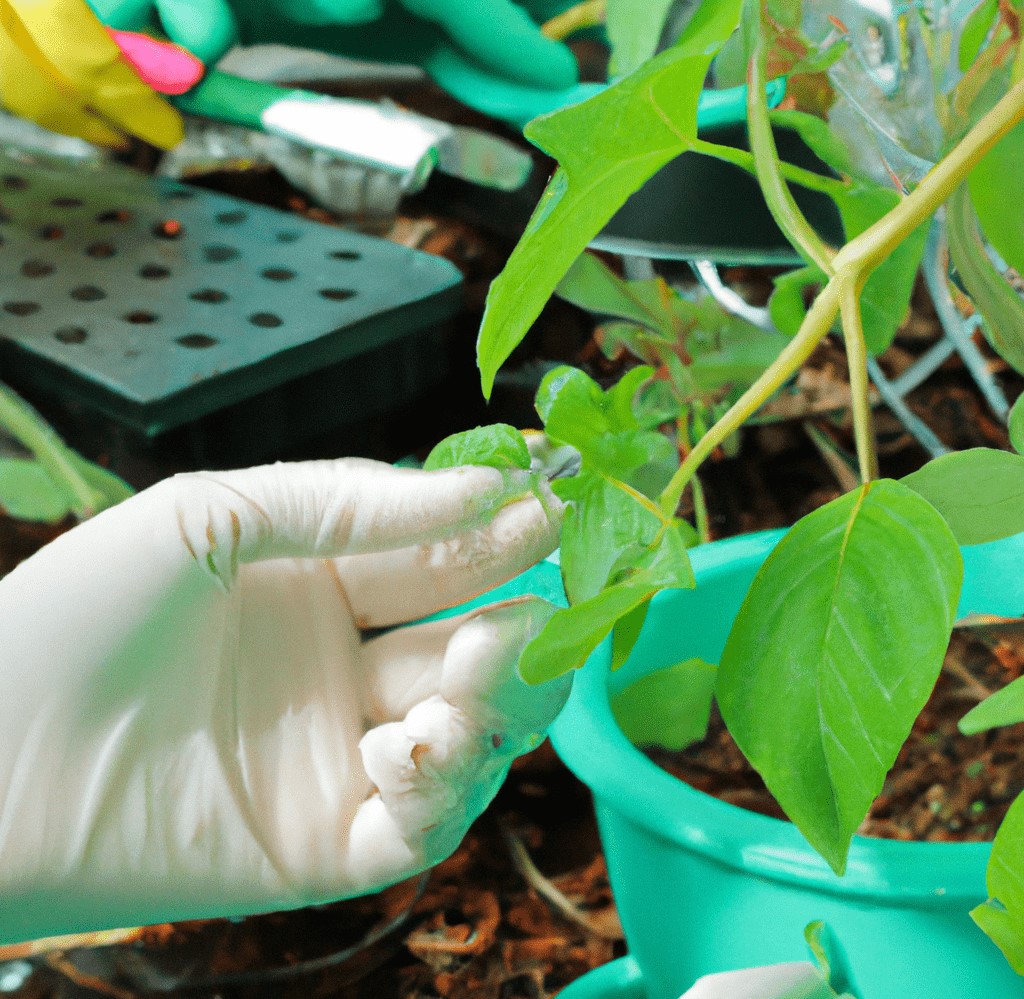
Gardening in Backyards
Gardening is a fun and rewarding hobby that can be enjoyed by people of all ages. Whether you have a small backyard or a large plot of land, there are plenty of ways to get started with gardening. Not only is gardening a great way to get outside and enjoy nature, but it can also provide a sense of accomplishment and connection to the environment.
For children, gardening can be a great way to learn about biology and the natural world. Children can learn about the life cycle of plants, how plants grow, and the different parts of a plant. Gardening can also help children develop a sense of responsibility and learn about the importance of taking care of the environment.
There is a wealth of information available on gardening, including books, websites, and local gardening clubs. If you’re just getting started with gardening, it can be helpful to do some research and gather information on the best plants for your climate and soil type, as well as the proper techniques for planting, watering, and maintaining your garden.
No matter your level of experience or the size of your backyard, gardening is a fun and rewarding activity that can provide a sense of accomplishment and connection to the natural world.
Natural Garden: Understanding the Science and Experience
The concept of a natural garden refers to a space that is designed and maintained in a way that allows nature to thrive and take its course. This type of garden is often characterized by the use of native plants, organic gardening techniques, and a minimization of artificial inputs such as chemicals and irrigation.
In a natural garden, the focus is on creating a sustainable ecosystem that is in balance with its surroundings. This involves understanding the science behind how different plants and animals interact with one another and the environment, as well as the experience of observing and interacting with the garden over time.
By embracing a natural approach to gardening, individuals can foster a deeper understanding and appreciation for the complexity and interconnectedness of the natural world. Natural gardens can also provide important habitat for wildlife, improve air and water quality, and contribute to the overall health and well-being of the ecosystem.
Bottomline: The Science Behind Gardening Helps Gardener Make Decisions About the Plant they Grow and Provide
Gardening may seem like a simple and enjoyable hobby, but it is actually based in science. Understanding the basic principles of botany, soil science, and horticulture can help gardeners make informed decisions about the plants they grow and the care they provide. This includes understanding the specific needs of different plant species, such as their preferred sunlight and water requirements, as well as the role of soil in plant growth and health. By applying this knowledge and using evidence-based techniques, gardeners can increase the chances of success in their gardens and create beautiful and thriving plant communities.
If you’re interested in what is the science behind gardening, you may also be interested in do they teach gardening in school and what is the best climate for gardening.


